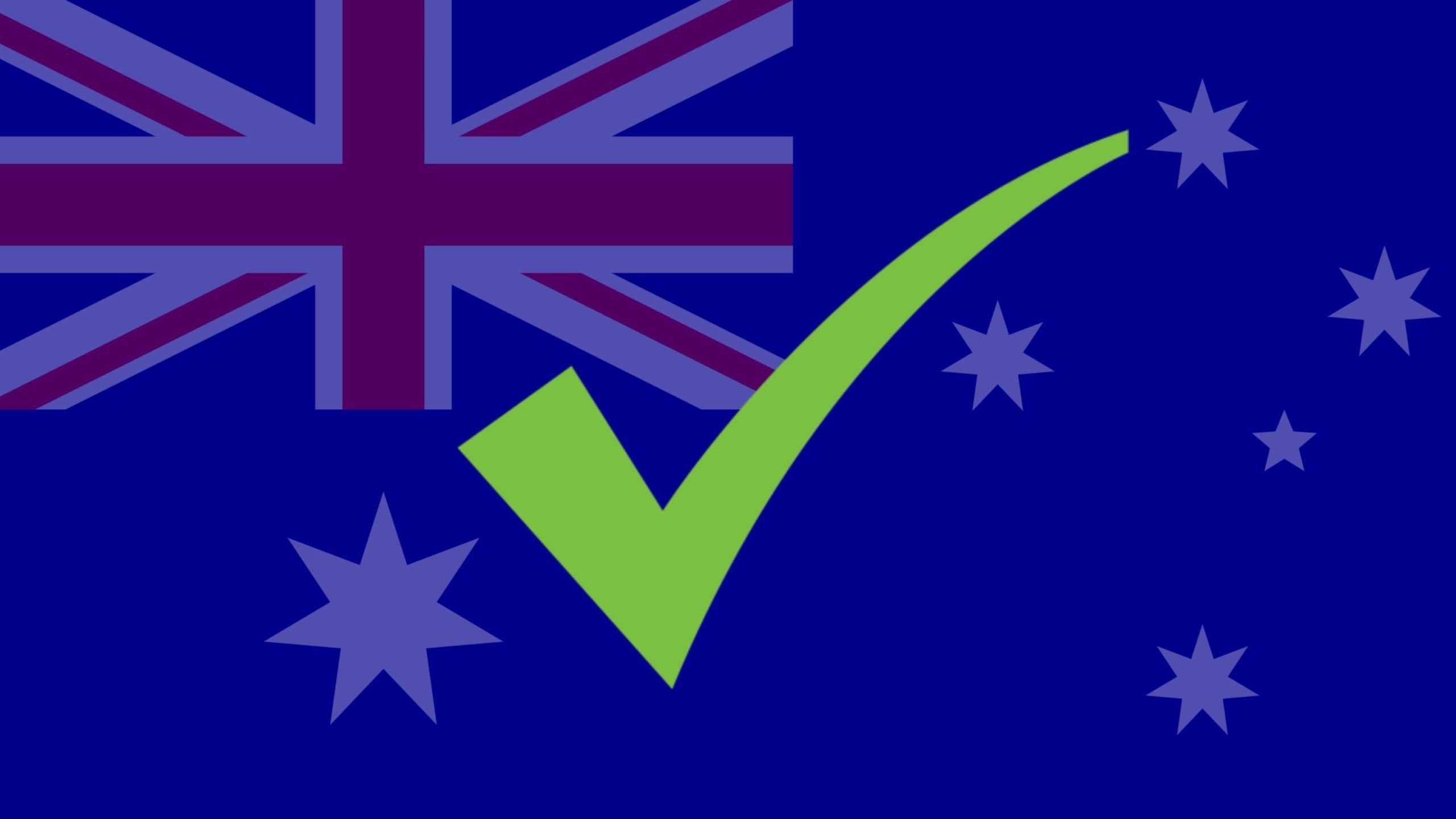Australia’s communications regulator is once again pushing for tighter control over online speech, using the language of “misinformation” as justification for expanding censorship.
In its latest report on the voluntary Australian Code of Practice on Disinformation and Misinformation, the Australian Communications and Media Authority (ACMA) criticizes major platforms for stepping away from state-aligned fact-checking programs and chastises others for refusing to sign up to the code at all.
The regulator insists that “support for independent fact-checking in Australia appears to be stalling” and warns of “the potential impact of pulling away from, or limiting support for, independent fact-checking by signatories in Australia.”
This complaint exposes the real agenda: keeping tech companies tethered to outside arbiters of truth rather than trusting users to decide for themselves.
ACMA singles out Google, noting: “In July 2025, it was reported that Google would not renew its partnership with the Australian Associated Press’s fact-checking team.”
Meta is also put on notice after adopting a more open model in the United States, moving away from contracted fact-checkers in favor of community-driven notes.
Even though no such shift has been formally announced in Australia, ACMA underlines that Meta admits “4 of its 2025 commitments are contingent on it engaging third-party fact-checking organizations to fact-check content on their services.”
The report further scolds companies that never joined the code, declaring:
“It is disappointing that several major platforms have not signed up to the code. By electing not to submit their systems and processes to the same scrutiny as signatories, these platforms are sending a strong message to Australians that they are not supporting a coordinated industry-led approach to combatting disinformation and misinformation.”
ACMA then issues a direct demand: “We call on major non-signatories to sign up to the code to provide greater transparency to Australians about what they are doing to address disinformation and misinformation.”
What the regulator portrays as “voluntary” is in reality a pressure campaign: comply with outside “fact-checking” oversight or be publicly shamed as irresponsible.
By holding up third-party fact-checkers as the only credible safeguard, ACMA is endorsing a censorship regime where a handful of organizations act as gatekeepers of truth.
Community-led models that allow citizens to challenge and contextualize claims are sidelined, while central authorities are favored.
To those paying attention, ACMA’s report reads like an attempt to lock platforms into a system that elevates government-aligned “fact-checkers” above open discussion.
Australians have a right to free expression without bureaucrats or their preferred partners deciding what information is fit to see.
The louder ACMA complains about companies moving away from fact-checking, the clearer it becomes that the real “harm” being prevented is not misinformation itself, but the risk of ordinary people making up their own minds.








